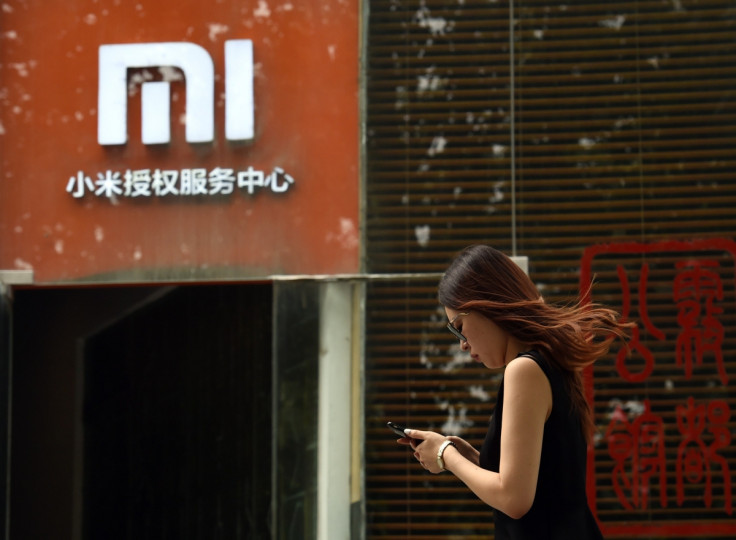Xiaomi signs crucial patent deal with Microsoft indicating attempt to enter western markets

Chinese smartphone maker Xiaomi has struck a crucial patent cross-licensing deal with Microsoft to make inroads into western markets, particularly the US. The deal includes Microsoft selling close to 1,500 patents related to wireless communications, video, cloud and multimedia to Xiaomi and an arrangement to have copies of Microsoft software, including Office and Skype pre-installed on all Xiaomi phones and tablets hereon.
"This is a very big collaboration agreement between the two companies," Wang Xiang, senior vice president at Xiaomi told Reuters.
The company said from September 2016, all Xiaomi flagship devices like Mi 5, Mi Max and Mi 4s, as well as budget devices such as Redmi Note 3 and Redmi 3 smartphones, will be sold with Microsoft Word, Excel, PowerPoint, Outlook and Skype applications pre-loaded. Prior to this, the two companies collaborated on a Windows 10 build for Android, and the use of Microsoft Azure to power Xiaomi's Mi Cloud service.
From Microsoft's point of view this is its attempt to continue the path of revision of its mobile strategy which now focuses on bringing its software and services on iOS and Android devices as its Windows Mobile business has not gained the right traction. The company already has similar deals in place with Samsung, Acer, LG and others to spread the reach of Microsoft's software.
Jonathan Tinter, corporate vice president at Microsoft, acknowledged Xiaomi's young and educated users but did not comment on the financial aspects of the patent deal. He did, however, say that "we do this kind of deals only with a few strategic partners".
Xiaomi's global ambition
It's no surprise why Microsoft chose Xiaomi, as the brand is the largest selling smartphone in China, the world's largest smartphone market. Latest sales figures show the company notched up a record-breaking 26% market share in April in China compared to global players like Apple which had an 8.2% market share, and Samsung 3.2%. Overall, the company sold more than 70 million smartphones worldwide.
However, there is constant competition from other Chinese budget phone makers like Huawei and Le Eco. Its lack of wide-ranging mobile patents has been seen as a stumbling block to expansion into other global regions.
But things are changing with Xiaomi forging alliances with western software partners. Earlier this month, the company launched a TV set-top box in the US which it developed in cooperation with Alphabet's Google which owns the Android OS.
Xiaomi now wants to take these opportunities further and expand including officially retailing its smartphones and tablets in the US and Europe. Currently, Xiaomi only sells accessories in these regions.
© Copyright IBTimes 2024. All rights reserved.





